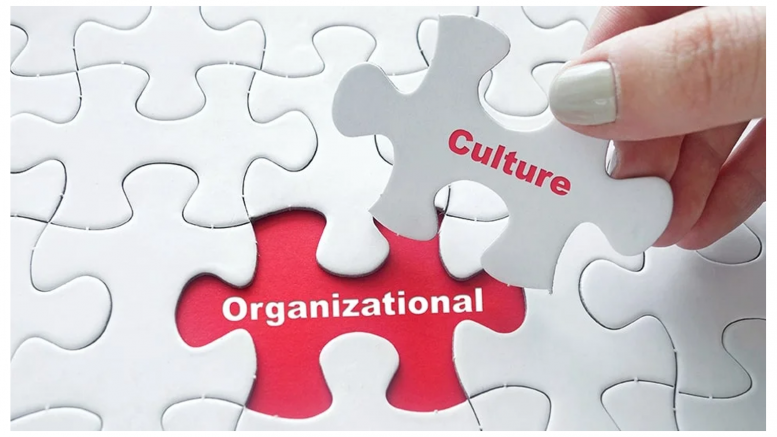Organisational culture, often described as the personality of a company, plays a pivotal role in shaping its success. It encompasses the shared values, beliefs, attitudes, and behaviors that define the work environment. A strong and positive organisational culture fosters a sense of identity, purpose, and belonging among employees, driving their engagement and satisfaction.
Understanding Organisational Culture
Organisational culture is the collective values, beliefs, attitudes, and behaviors that shape the work environment within an organisation. It encompasses the unwritten rules and social norms that guide employee behavior and influence organisational outcomes. Shared values form the foundation of organisational culture, representing the core principles and beliefs that define what is important to the organisation. These values serve as guiding principles for decision-making and behavior, shaping employee interactions with one another and with external stakeholders.
Driving Employee Engagement and Satisfaction
A positive organisational culture plays a crucial role in driving employee engagement and job satisfaction. When employees feel a sense of belonging, purpose, and fulfillment in their work, they become more engaged and motivated to contribute their best efforts towards organisational success.
Attracting and Retaining Top Talent
A strong organisational culture plays a crucial role in attracting and retaining top talent. Today’s job seekers are not only looking for competitive salaries and benefits but also for organisations that align with their values, aspirations, and desire for meaningful work.
Driving Innovation and Adaptability
Organisational culture plays a critical role in driving innovation and adaptability within an organisation. A supportive and nurturing culture creates an environment that encourages creativity, risk-taking, and learning, enabling organisations to stay agile and competitive in a rapidly changing business landscape.
Building Trust and Collaboration
Organisational culture plays a crucial role in fostering trust and collaboration within teams and across departments. A culture that values open communication, respect, and psychological safety creates an environment where trust can thrive, leading to effective teamwork and improved organisational performance.
Enhancing Organisational Performance
Organisational culture plays a pivotal role in driving and enhancing overall performance. A strong culture that is aligned with the company’s goals, values, and mission has a direct impact on employee motivation, productivity, and, ultimately, organisational success.
Nurturing a Positive Work Environment
The organisational culture plays a crucial role in shaping the work environment and fostering a positive atmosphere within the company. A positive work environment is essential for employee well-being, satisfaction, and overall organisational success. By nurturing a culture that promotes positivity, well-being, work-life balance, and inclusivity, organisations can create a supportive and uplifting work environment.
Sustaining Long-Term Success
A strong organisational culture is not only beneficial in the present but also serves as a foundation for sustained success in the long run. A positive culture becomes a guiding force that helps organisations navigate through growth, change, and challenges, ensuring their long-term viability and prosperity.
Organisational culture plays a pivotal role in driving success and providing a competitive advantage. By fostering a positive and supportive culture, organisations can create an environment where employees thrive, innovation flourishes, and long-term success is sustained.
The views and opinions published here belong to the author and do not necessarily reflect the views and opinions of the publisher.



Be the first to comment on "The Importance of Organisational Culture in Enterprise Organisations"